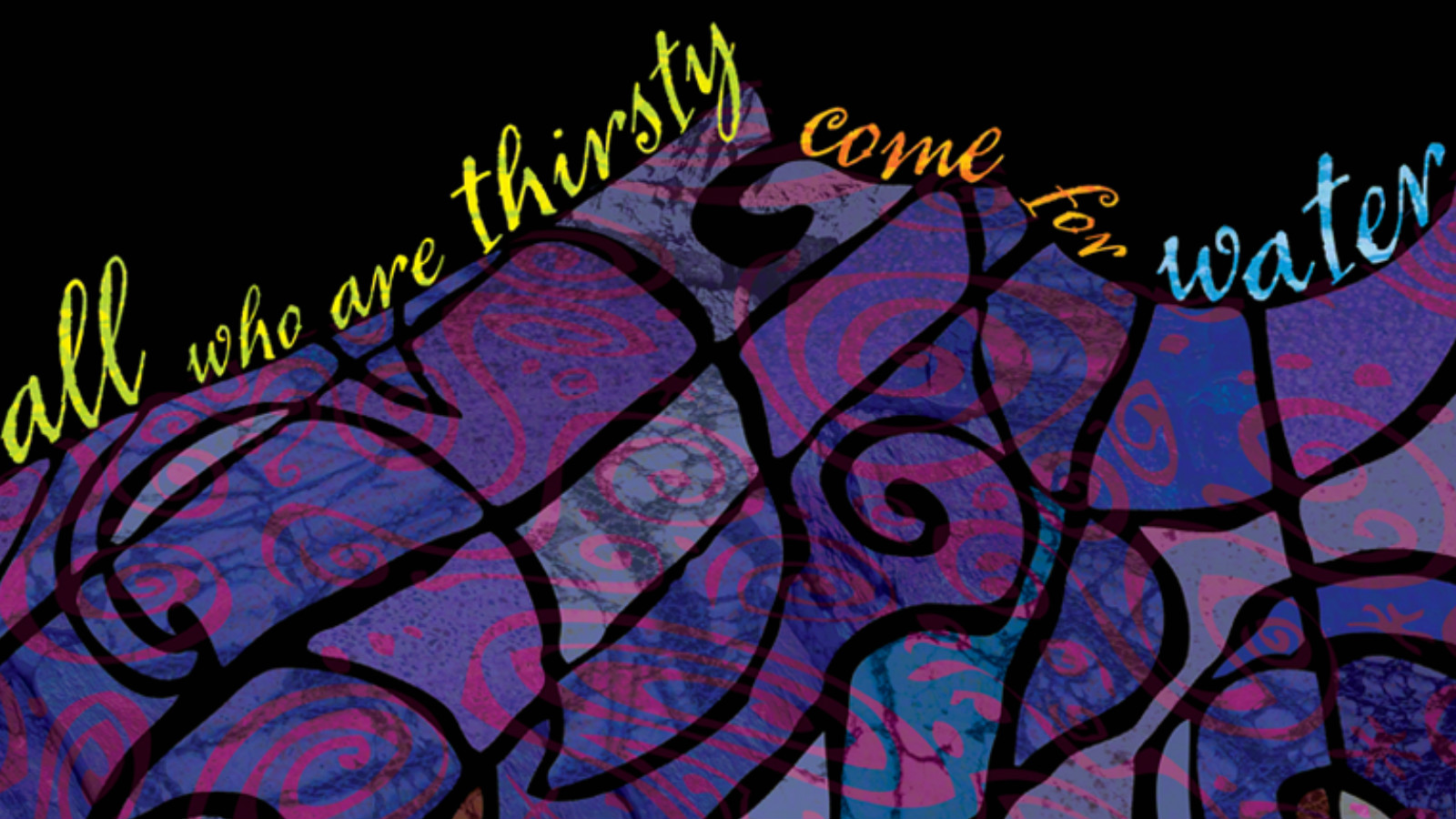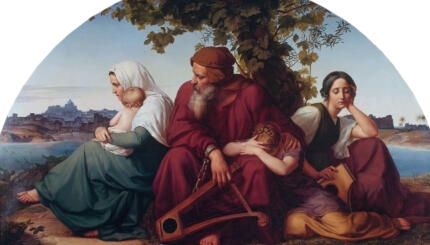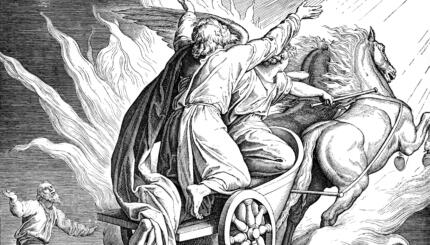Commentary on Parashat Re'eh, Deuteronomy 11:26-16:17
The Israelites are in the wilderness of Moab, weary and exhausted, preparing for entry into the promised land. Having come so far and now standing on the cusp of crossing over, they are eager to move forward. But all of a sudden, their progress comes to a screeching halt.
Parashat Re’eh finds the people continuing to listen as Moses delivers his farewell speech, a talk that some commentators say lasted for 36 days. In a seemingly unending and repetitive speech, Moses tells the people the story of how they arrived at this moment, including (among other things) the sin of the spies, the 40 years of wandering in the desert that followed, the revelation at Sinai and the sin of the golden calf.
One could say this speech was the original filibuster. Moses was pushing off the moment of truth, when the people would enter the promised land without him, and he may have been hoping that if he talked long enough he might change his fate. For anyone who has ever had to leave a party before they wanted to, with a partner standing near the door itching to go home, you can understand the pressure of needing to go but desperately wanting to stay.
It’s certainly not surprising that as the critical moment approaches, Moses chooses to harken back to the glory days. But why tell stories that most of those assembled already know? After all, experiencing revelation at Sinai and seeing Moses break the tablets in anger over the golden calf are not things that are liable to be forgotten. And if this is indeed Moses’ final farewell, why harp on the negative experiences too? When we say goodbye, most people like to remember the good times.

Help us keep Jewish knowledge accessible to millions of people around the world.
Your donation to My Jewish Learning fuels endless journeys of Jewish discovery. With your help, My Jewish Learning can continue to provide nonstop opportunities for learning, connection and growth.
Why does Moses do all this? The most basic reason is that it is natural at the end of life to reflect on both accomplishments and regrets. But on a pedagogical level, Moses, the original teacher of Israel, was sending us a message: Memory is a powerful tool for processing and moving forward. The telling and retelling of our past experiences is our chance to write our narrative, to decide how we want to share the lessons we have learned and the themes we want to elevate. It is how we distill our values and share them with our children.
We learn from Moses’ speech that the past is a critical part of our future, and that what brought us here is essential to informing how we get to the next chapter. The Jewish people are ready to enter the promised land because their milestone has been contextualized. They are reminded of what they accomplished and the mistakes they made along the way. Moses’ narrative is a reminder both of the values that we strive to embody and how even our most egregious mistakes help shape us.
In trying to help people move past their mistakes and become their best selves, we often emphasize the importance of identifying bad habits and taking steps to relinquish them. While this idea is certainly central to Jewish thinking around repentance, one key difference is the Jewish emphasis on retelling the stories of our iniquities, of our collective “bad habits.” Each year as we progress through the annual cycle of Torah reading we reread these stories of Jewish tragedy and triumph.
On the first night of Passover, arguably the most central night of Jewish memory, we begin the retelling of the Exodus not with the our experiences as slaves in Egypt — the event we are ostensibly remembering that evening — but with the story of rabbis in Bnei Brak retelling the story and reminding us that our forefathers were idol worshippers. On the night of the Jewish calendar most focused on memory, we begin by reading of how others told the story, because it is the constant retelling that is critical to our future.
By layering in the story of our idol-worshiping ancestors we are reminded not only to continually tell our story, but to tell it honestly and to own how our past missteps actually strengthen us and inform who we are. Like the ancient Israelites, what got us here will continue to get us there.



